This being the centenary of women’s suffrage, there’s an unmissable feminist aspect to children’s books right now. Stories about strong girls, fictional and historical, are everywhere. (The worst example of the genre, I may say, was Goodnight Stories for Rebel Girls.)
Well, if it’s feisty girl stories you’re after, you could do much worse than Hilary McKay’s Fairy Tales, which are written with terrific brio and have umpteen resolute heroines. If you like your fairy stories as you remember them, this may not be for you, but these retellings of the classics are done in an affectionate spirit. ‘If I ever wrote a book with love, it’s this one,’ says the author.
So the ‘Twelve Dancing Princesses’ begins with the daughter of one of them stuck in the castle with her mother and the old king, who still hankers for the days when he could order his daughters’ suitors’ heads off ‘with my little noddle-offer’. Things were, she’s told, ‘different in those days’. It ends with the little girl going to school with ‘navy blue uniforms and lots of homework’.
There’s a didactic twist to several tales. In ‘Snow White’, the story is told to her granddaughter, and it turns out that Snow White still visits the dwarfs every year. The wicked queen looking in the glass shows that you shouldn’t really care about being the prettiest; anyway, you could tell the queen was a bad ’un because she wore fur. The story of the ‘Princess and the Pea’ does not take the quest for a real princess entirely seriously.
Some tales have an unexpected narrator: the ‘Pied Piper’ is told by the mayor who didn’t keep his word to the piper and who didn’t have any children of his own. In ‘Rumplestiltskin’, the dwarf is the sympathetic character, because, as the author herself admits: ‘All my life I have been troubled by the injustice with which he was treated.’ As for ‘Hansel and Gretel’, it’s written by Gretel for her ‘What I did in my holidays’ essay at school. Some vexing questions are answered: it turns out that Cinderella’s real father does not protect her from her stepsisters because he’s rather senile.
And if the stories are engaging, so too are Sarah Gibb’s delicate, suggestive silhouettes. So if it’s fairytale feminism you’re after, this could do the trick. But really this collection is for anyone who doesn’t mind the tradition being upended for a new generation. Best to know the old versions first; then you can appreciate this affectionate reworking of them.
Got something to add? Join the discussion and comment below.
Get 10 issues for just $10
Subscribe to The Spectator Australia today for the next 10 magazine issues, plus full online access, for just $10.
You might disagree with half of it, but you’ll enjoy reading all of it. Try your first month for free, then just $2 a week for the remainder of your first year.


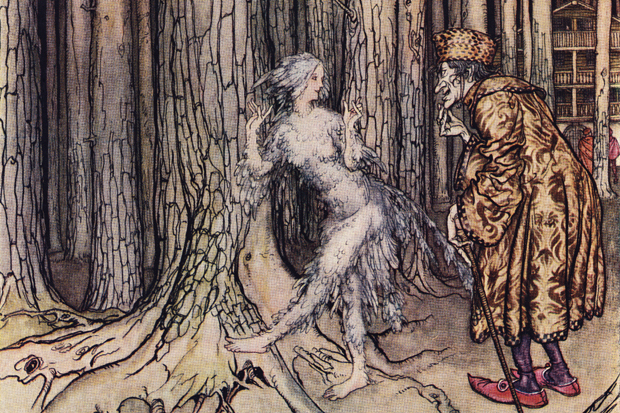
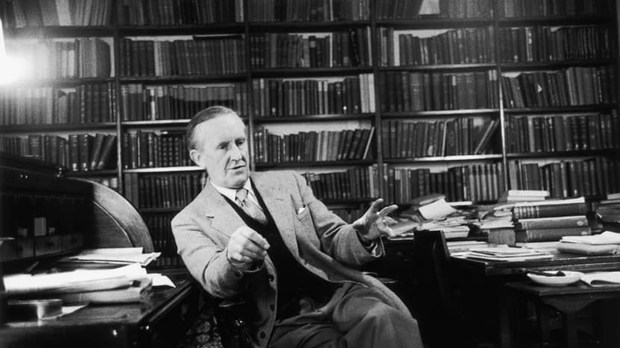
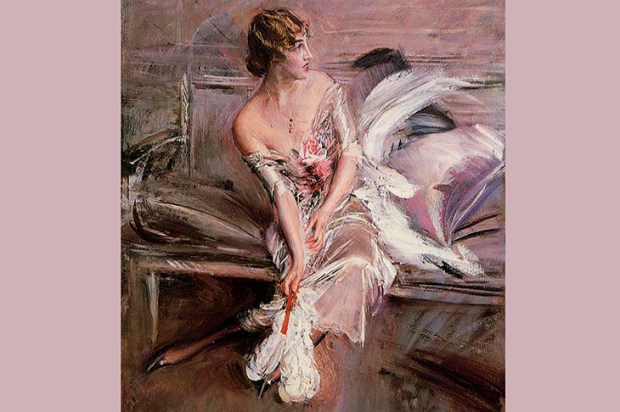
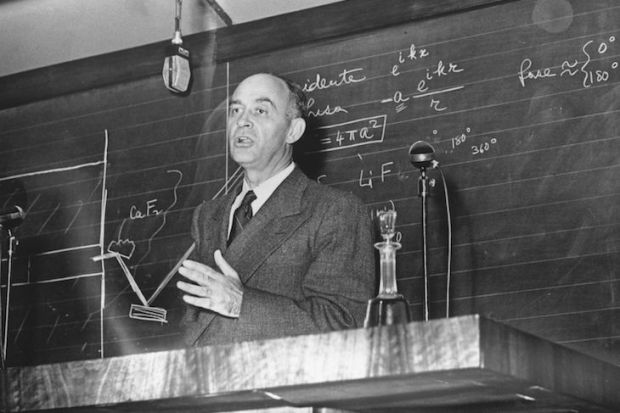
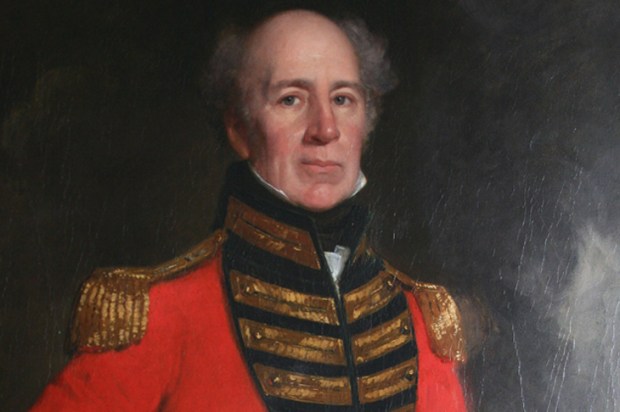
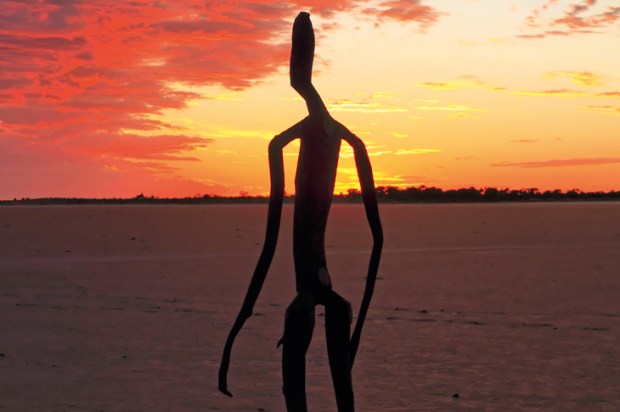






Comments
Don't miss out
Join the conversation with other Spectator Australia readers. Subscribe to leave a comment.
SUBSCRIBEAlready a subscriber? Log in